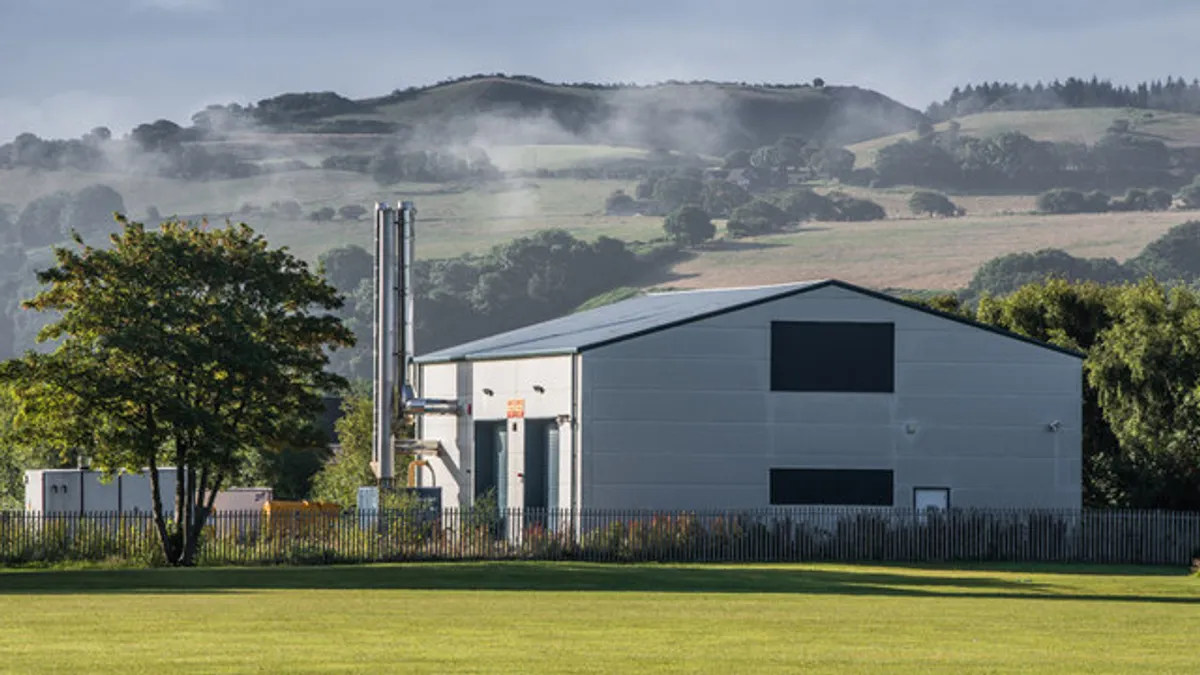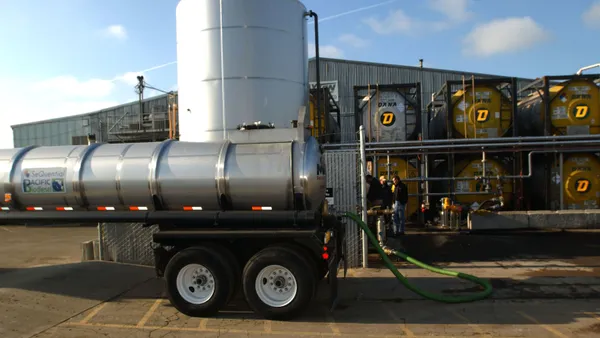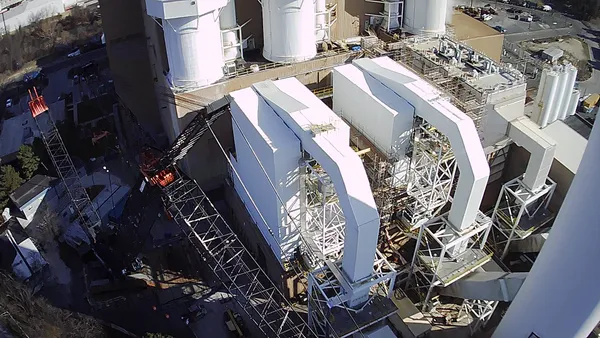Dive Brief:
- A study by Rutgers University's New Jersey Agricultural Experiment Station concluded that more than four million tons of biomass could be used to make electricity or boost transportation in the state each year. 72% of the fuel, derived from organic materials, is produced by the state's population in the form of municipal garbage. The study listed these policy goals that could be achieved by tapping the underutilized resource: reducing dependence on fossil fuels, improving air quality by eliminating fossil-fuel pollution, and curbing greenhouse-gas emissions that contribute to global climate change.
- A New Jersey Board of Public Utilities working group discussed Rutgers University's update of the 2007 study, as the state plans to spend $3 million to promote biomass this year.
- New Jersey is aiming for having 22.5% of its electricity come from renewable-energy sources by the end of 2020. The report said with appropriate technologies and infrastructure, the state's biomass could deliver up to 654 megawatts of power (6.4% of the electricity consumed in the state) or 230 million gallons of gasoline-equivalent (4.3% of the transportation fuel consumed).
Dive Insight:
The aspirational report urges the state to examine ways to obtain energy crops and waste biomass, encourage investment, improve immature biomass technology, set up a state agency with primary responsibility for developing the bioenergy industry, and create an innovation fund for ongoing research and development.
However, there are some barriers associated with using biomass. These include the lack of collection and transport for food waste and construction and wood debris; reluctance by businesses and residents to participate; and the fact that much of the urban biomass — such as paper products — is now recycled or used in alternative markets.
The report encourages New Jersey to be innovative, just as many companies are. The state will need to "strive to be a leader in supporting new technologies," according to the study.














